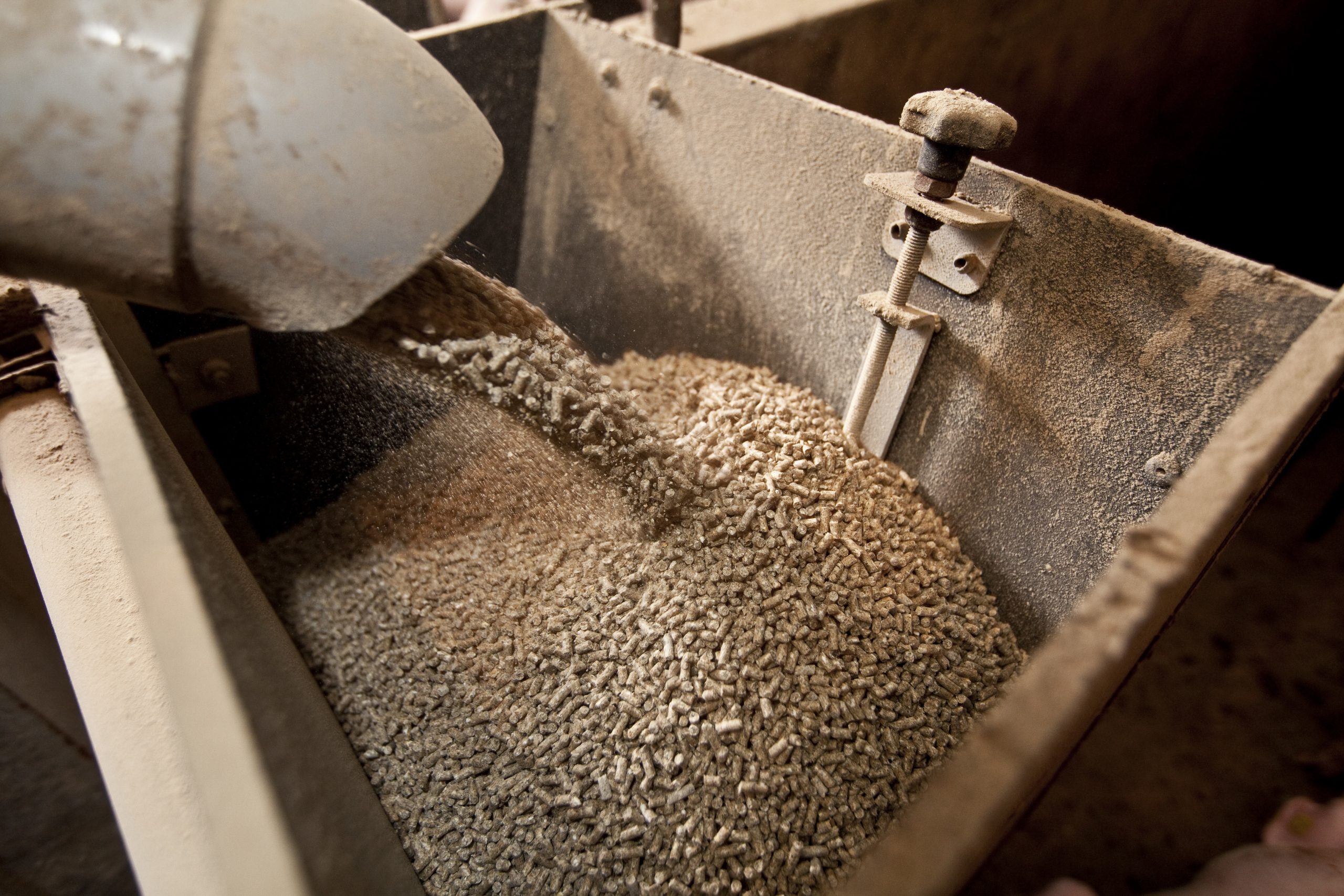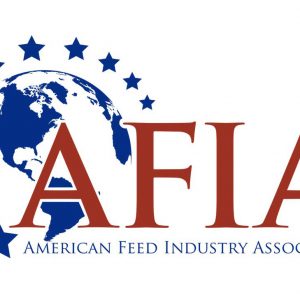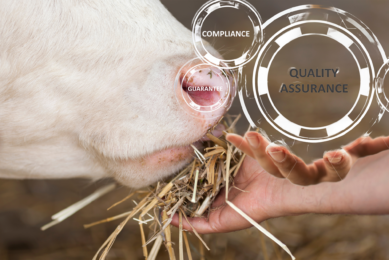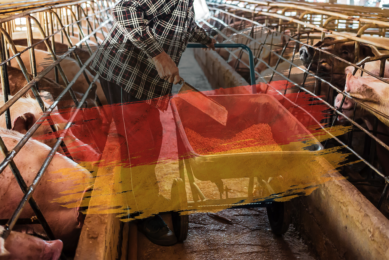AFIA urges FDA for flexibility regarding feed rules

The American Feed Industry Association wants a “full and successful implementation of FSMA” across its varied industries and urges the FDA to take a flexible approach when regulating under this rule.
The American Feed Industry Association (AFIA) therefore submitted comments to the FDA on its draft guidance on Hazard Analysis and Risk-Based Preventive Controls (HA/PC) for Food for Animals, part of the Food Safety Modernization Act (FSMA).
Taking a flexible approach
The HA/PC regulation is designed to help animal feed manufacturers minimise the risks of known or reasonably foreseeable feed safety hazards (e.g., chemical, biological or physical) that may cause illness or injury if not controlled. However, the FDA acknowledged through the draft guidance, and AFIA agrees, that not every facility will identify hazards that require a preventive control, therefore no preventive controls will need to be implemented. By taking a flexible approach, the agency can ensure via these rules that the company takes proper action to control hazards that cannot be controlled through Current Good Manufacturing Practices.
Suggested changes and comments
Overall, AFIA found the draft guidance to be comprehensive, but provided a number of suggested changes and comments. Among those, AFIA cautioned that:
• Any lists used in the guidance could be construed by investigators and employees as “checklists,” which may not be the case;
• Taking a “kitchen sink” approach when it comes to providing a lengthy list of outdated references, older than 10 years, is “neither justified nor scientifically defensible;” and
• Where the guidance applies specifically to pet food manufacturers should be better defined.
Extension of inspection dates
AFIA also expressed its concern with the continued delay in the agency’s release of the remaining guidance materials and urged the FDA to extend its inspection dates by at least a year in order to properly train inspectors and educate industry.
A costly operation
The food and feed industries originally supported FSMA, which, among other provisions, authorised the FDA to: promulgate new rules for preventive controls, develop performance standards, create new administrative detention rules, recall adulterated products and hire more than 4,000 new field staff. It is estimated that if fully implemented, the law will cost the US feed and pet food industries more than US$ 1 billion with little improvement to animal health, animal feed safety or other real benefit.











